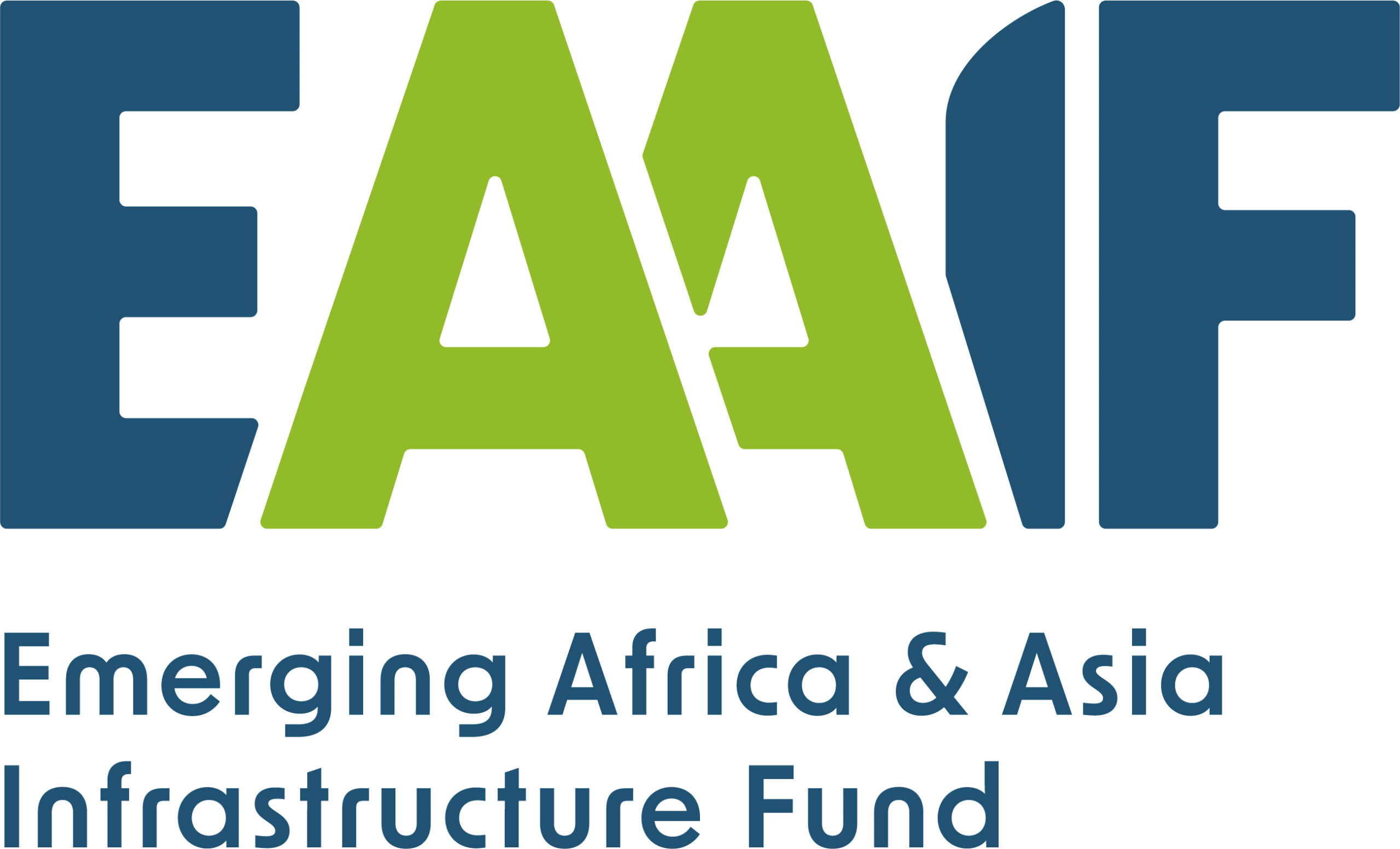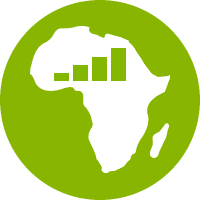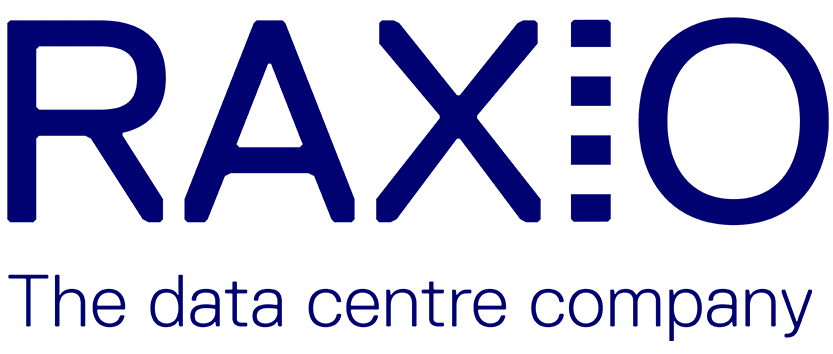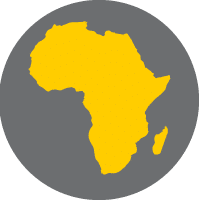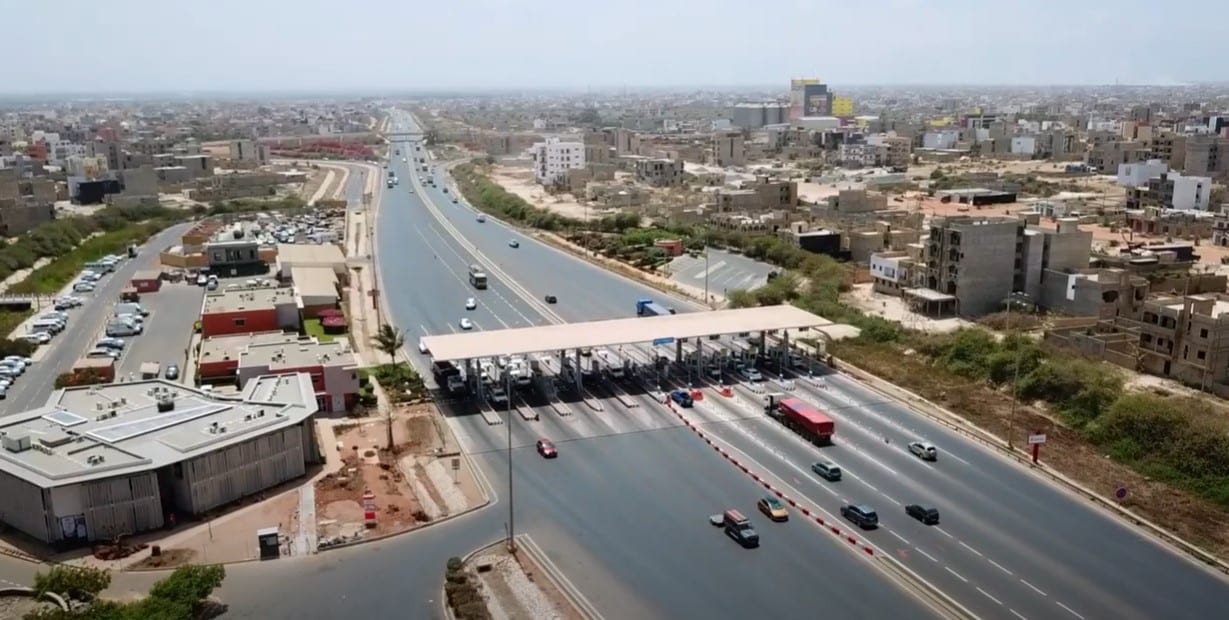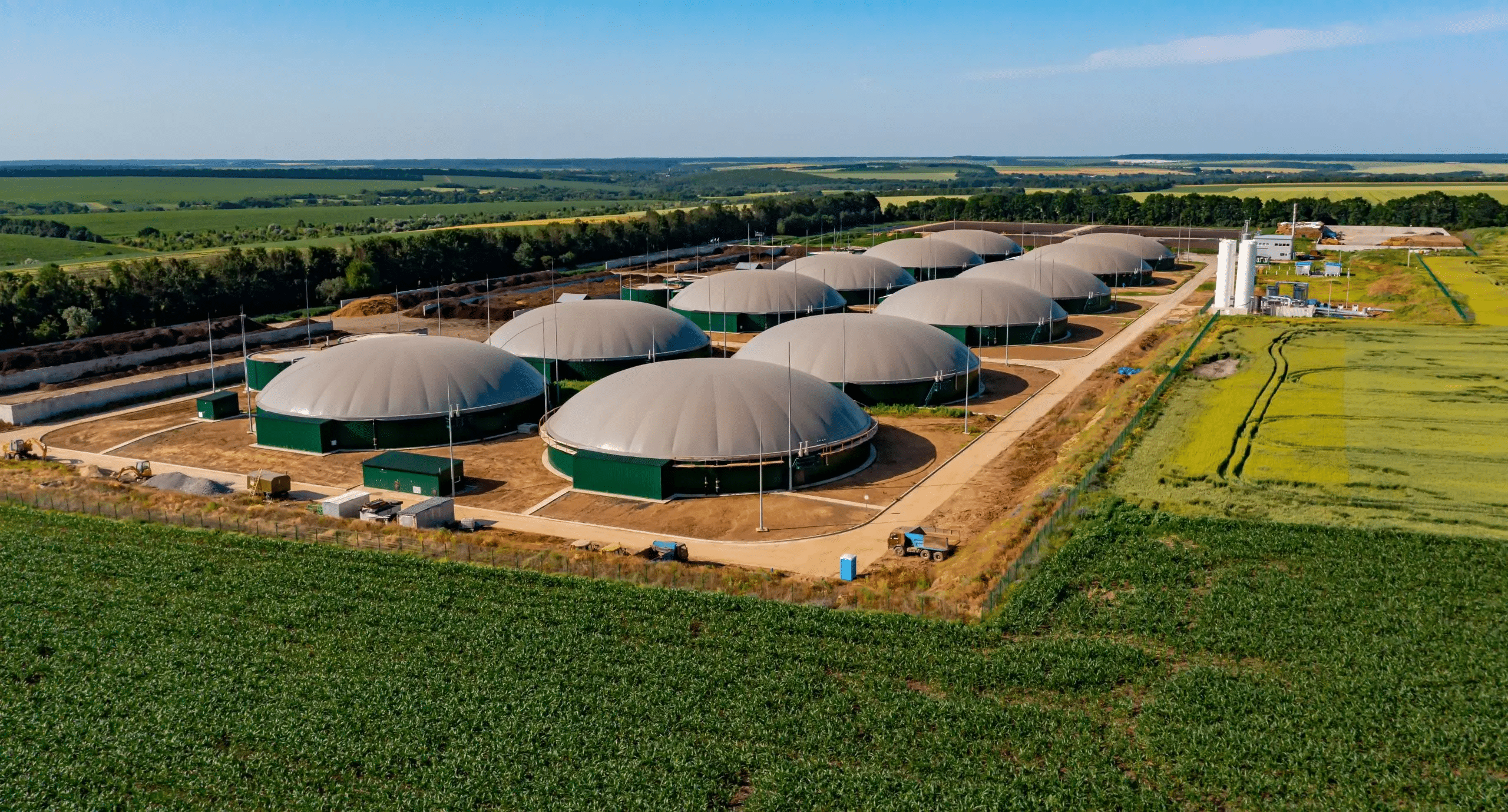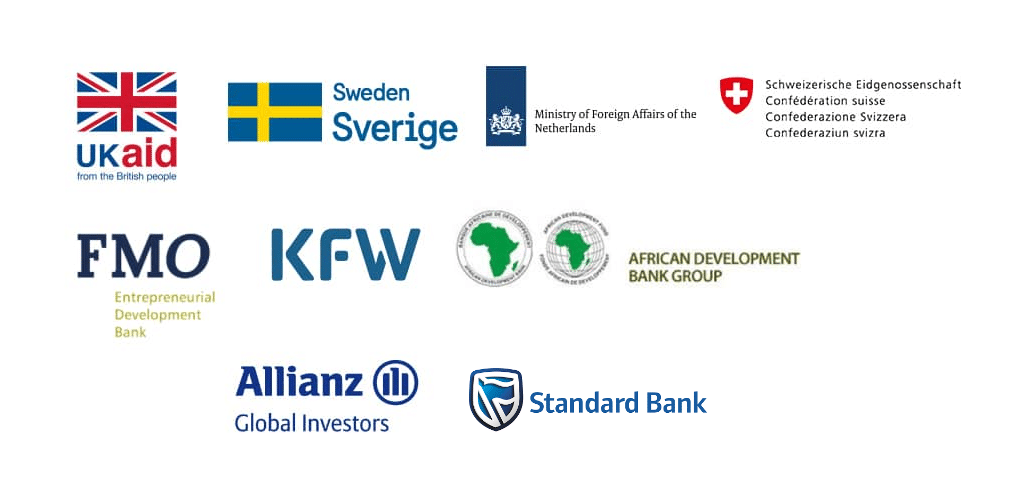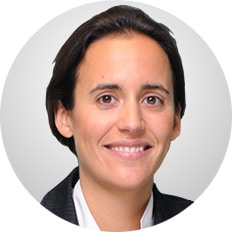

The Emerging Africa & Asia Infrastructure Fund (EAAIF) was established as the first company within the Private Infrastructure Development Group (PIDG). Managed by Ninety One, we provide long-term commercial debt to deliver inclusive and impactful infrastructure projects in Africa and Asia.
Raxio Data Centres
$33m of debt to finance the construction and operation of data centres in Uganda (FCAS and LDC), Ethiopia (LDC and FCAS), the Democratic Republic of the Congo (LDC and FCAS), Côte D’Ivoire (LMIC and FCAS), Mozambique (FCAS and LDC), Angola (LDC) and Tanzania (LDC). This will improve internet speed for business customers to enable economic growth. 70% of proceeds will be allocated to FCAS countries and 60% to LDC countries.
Dakar Toll Road
$50m of debt to support the extension and upgrade of the A1 motorway in Senegal (LDC) which connects the city of Dakar to the airport. This will enable the efficient movement of passengers and trade, and is set to lead to economic growth and indirect job creation.
Biovea Biomass Plant
$42m of debt to support the construction and operation of a 46 MW biomass plant in Côte D’Ivoire (LMIC and FCAS). This will improve income generation for 12k outgrowers, while increasing access to reliable electricity to 743k consumers and avoiding 120k tCO 2e per year.
Sector Focus
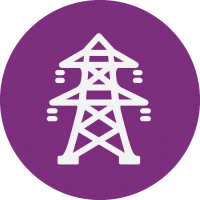


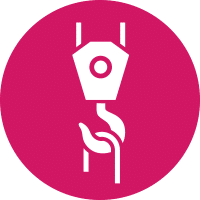



Applying for project support
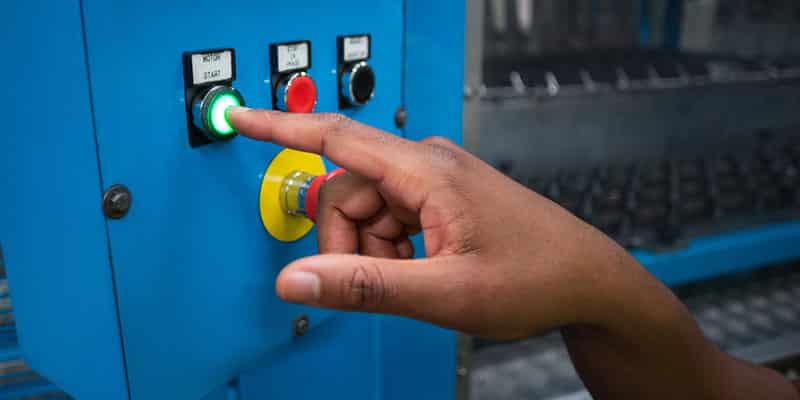
If you are looking for debt finance for an infrastructure project in sub-Saharan Africa please talk to us.
EAAIF mainly supports private sector infrastructure projects to create new or expand existing facilities. We welcome enquiries from companies in Africa and worldwide that want to grow their businesses in sub-Saharan Africa and share our commitment to the continent and its peoples. Enquiries are also welcome from financial advisers and specialist consultants.
Latest news
EAAIF and Ninety One back Verdant to acquire pioneering wind power and storage project in the Philippines
Emerging Africa & Asia Infrastructure Fund (“EAAIF”) and Ninety One’s Emerging Market Transition Debt (“EMTD”) strategy jointly commit $30 million to accelerate the Philippines’ transition to a clean energy future. The transaction breaks new ground for all parties involved — Verdant Energy, EAAIF, and Ninety One’s EMTD strategy — representing their first engagement in the… Read more »
EAAIF commits EUR 40 million of sustainability-linked financing to support the upgrade and expansion of Cabo Verde’s national airport network
Investment will finance development across seven airports, strengthening connectivity, tourism, and airport environmental objectives. Transaction reinforces EAAIF’s role in mobilising long-tenor, sustainability-linked capital for essential transport infrastructure in climate-vulnerable countries. London, 27 January 2026: The Emerging Africa & Asia Infrastructure Fund (EAAIF), a Private Infrastructure Development Group (PIDG) company, managed by Ninety One, has committed… Read more »
EAAIF and Ninety One commit $30 million to WIOCC’s expansion, accelerating digital connectivity in Africa
Investment to expand fibre networks, data centres, and last-mile connectivity, bridging Africa’s digital divide Sustainability-linked loan ties financing costs to green performance targets, promoting climate-resilient digital growth London, December 15: The Emerging Africa & Asia Infrastructure Fund (EAAIF), a Private Infrastructure Development Group (PIDG) company, managed by Ninety One, today announced a $15 million investment… Read more »
Our funders
Biomass financing by EAIF to deliver 46MW renewable energy plant in Cote D’Ivoire
“EAIF rapidly moving towards green energy loan portfolio of 1000MW” The Emerging Africa Infrastructure Fund – a Private Infrastructure Development Group (PIDG) company – announced on 10th June that it is lending €30 million to support the construction of a new €232 million, 46MW, biomass power station in Cote D’Ivoire. Located at Ayebo, 100km east… Read more »
